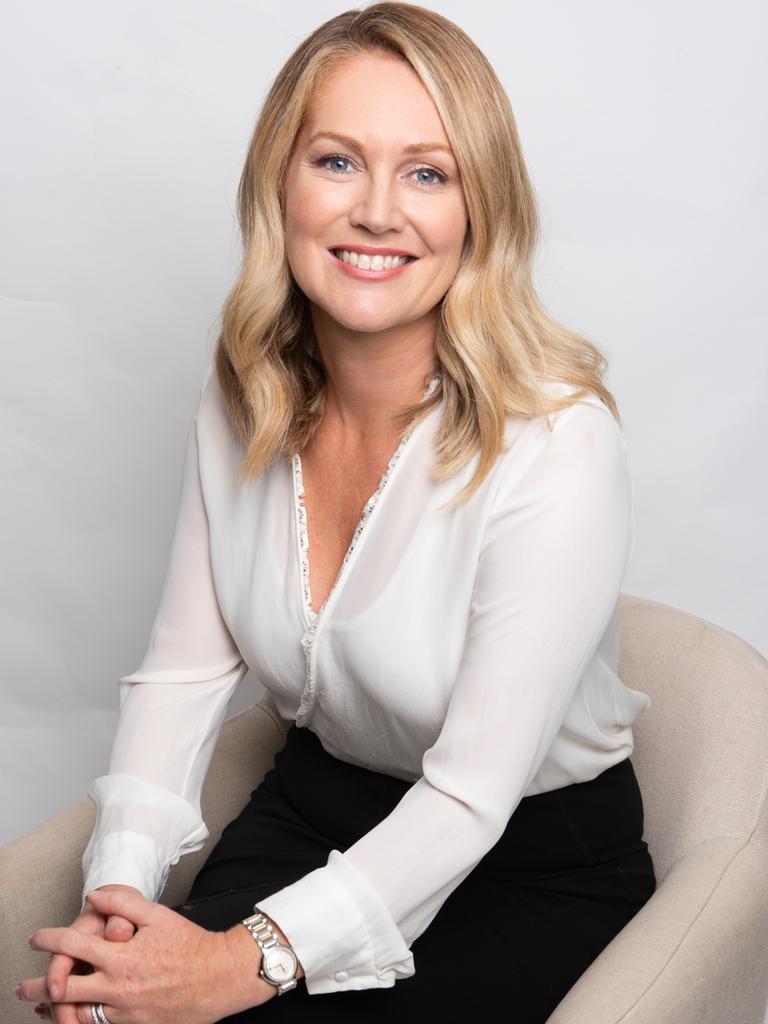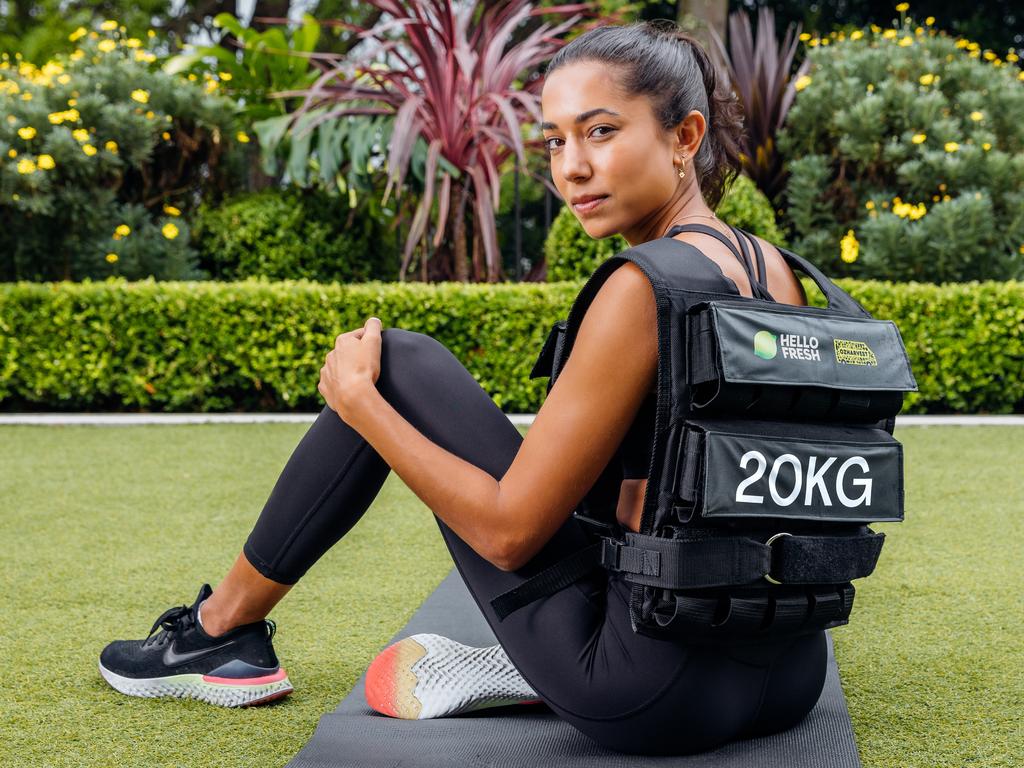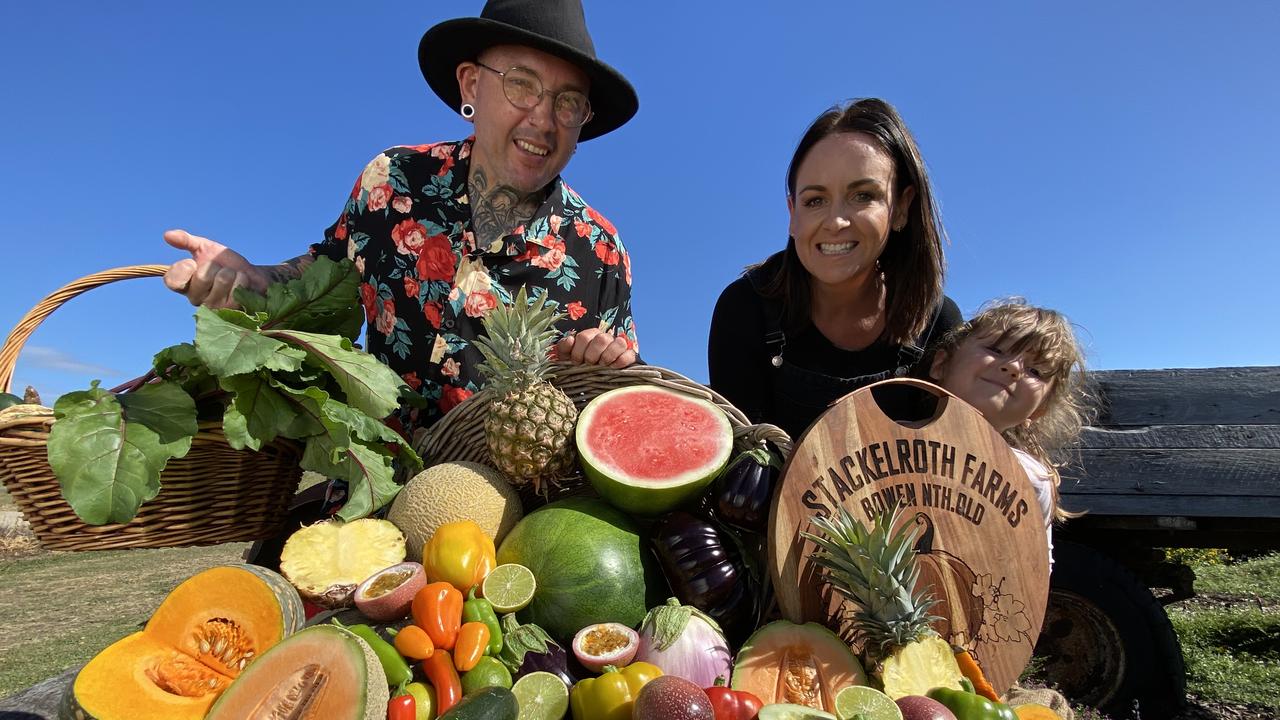Trimming the waste line: How we’re trashing our diets – and budgets
As food costs skyrocket, there’s one simple thing we can do to eat better and save a wad of cash at the same time.
With the impact of floods and rising petrol prices sending grocery costs skyrocketing, saving money at the checkout could be as simple as looking in the fridge and pantry and using some culinary imagination.
MyBudget founder Tammy Barton says Australians throw 2.5 million tonnes of food into home bins each year, so it makes sense to find ways to reduce that waste and use what we have already purchased.
She says we need to be smarter about how we shop, how we cook and how we store food if we want to save money in the kitchen.

“One in every five bags of groceries ends up in the bin and it’s costing us billions of dollars every year,” she says.
“How much better would that money be in our pockets rather than our rubbish bins?”
The floods in Queensland and NSW have seen prices soar within the past fortnight, with broccoli at $7.50 a kilo, red capsicums about $15 a kilo, cabbage and potato prices up 75 per cent, and lettuces now up around $5 each — unusually high for this time of year.
Australians can still nab a bargain on frozen fruit and vegetables — but not for long, as prices as expected to increase within three months.
HOW MUCH DO I WASTE?
Australian households, on average, waste about 20kg of food a month and $2500 each year by allowing good produce to go to waste — yet many people cannot comprehend how this hurts their budgets and the environment.
To help Aussies understand, meal kit service Hello Fresh and food charity OzHarvest created a “20kg weight of food waste vest”, as a physical reminder of how wasteful we can be.
They challenged fitness trainer and sustainability advocate Brooke Jowett to wear it for a day and she says it make her more mindful of how she uses food.
“Wearing the weight of your food waste really makes you think about your choices in real time,” she says.
“I’m not proud of it, but I’ve been guilty of letting good food go to waste in the past without knowing it. Whether it’s buying or cooking more than I need, forgetting about food stuck at the back of the fridge or changing my plans last minute.”

Jowett says we “are extremely fortunate in Australia to have access to more than we need, and this means we sometimes forget about the value of food”.
“Using up your food before buying more is the best way to reduce food waste at home. This means knowing exactly what you’ve got in your fridge or pantry and using up ingredients near their expiry date before you buy anything else,” she says.
Brooke’s tips include:
Portion with a purpose: This can stop you overeating, save money and reduce waste.
Store food sustainably: Proper storage can add days, weeks and even months to your food. Invest in some good containers.
Avoid the leftover trap: Leftovers can be a convenient future meal, but they’ve got a dark side too. More often than not, leftovers tend to be picked at and not fully eaten, or worse forgotten. Only cook what you will realistically eat.
Things to avoid: Don’t shop when you are hungry, and be mindful of specials or two-for-one offers, so you don’t buy anything you don’t need.
HelloFresh Australia CEO Tom Rutledge says his company is committed to helping Aussies tackle food waste by partnering with OzHarvest and reveals its customers produce on average 21 per cent less food waste by weight than when cooking with store-bought ingredients and generate 72 per cent fewer food scraps.
OzHarvest sustainability strategist Annika Stott says “if we want to make long-term change to help save food, money and save the planet, we can start by reducing our food waste at home”.

HOW MKR COUPLE FOUND RECIPE FOR SMART COOKING
Dan and Steph Mulheron know first-hand how hard it can be to feed a family on a tight budget.
The pair, who shot to fame after winning My Kitchen Rules, now run their own Queensland restaurant, but have struggled to put food on the table in the past and during Covid.
“It was a struggle growing up. Both our families were living in housing commission homes. I know my parents did the best they could but money was really tight. It’s made us very aware of where every dollar goes,” Steph says.
“Covid has been brutal and there have been some tough times where we have had to budget hard at home and at work. We realised we could really reduce our grocery bills if we cooked smarter and found clever ways to use up all the products.”
Dan says their methods led them to create the Box Sets e-cookbook which matches recipes and ingredients (with shopping lists).
“I’m a chef so we started hacking our recipes and putting together sets of meals that used similar ingredients but were different enough to keep life interesting.
“We are basically creating our own meal kits, making sure our groceries are used up over the three meals and nothing goes to waste. Every dollar counts at the moment,” he says.
Box Sets e-book available at danandsteph.com.au/boxsets for $20.
Originally published as Trimming the waste line: How we’re trashing our diets – and budgets


